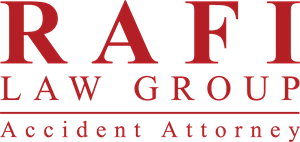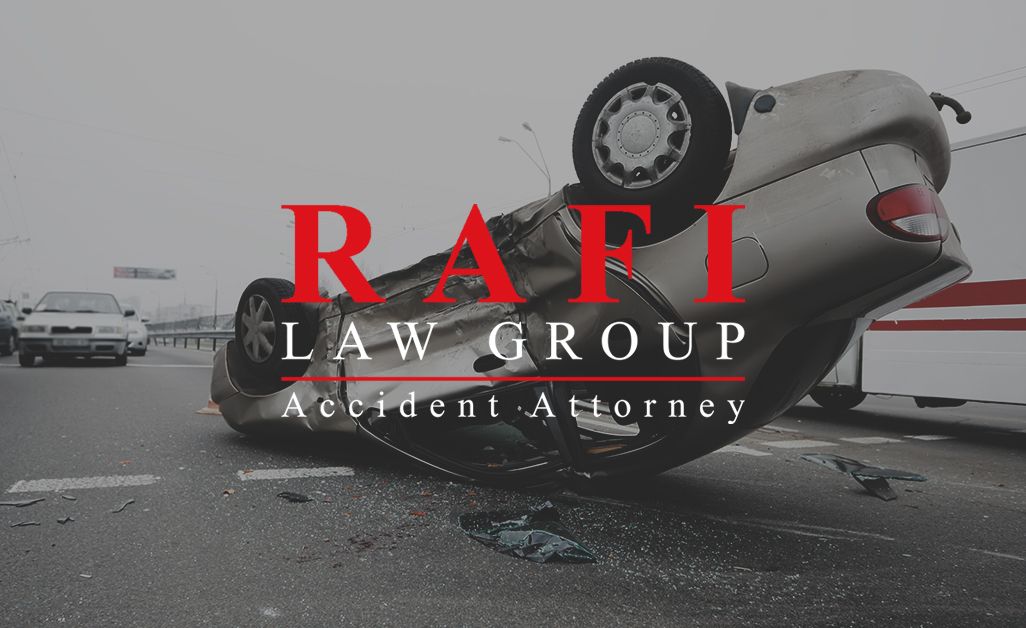When thinking about a car accident, you will probably imagine a negligent or drunk driver crashing into another motorist, marking them as the liable party. What happens, though, if the sole cause of a crash is a poor or dangerous roadway condition? The liable party is probably a government department but figuring out which one and how to hold them accountable can be a challenge.
Public Roads are the Government’s Responsibility
Most of the roads you will ever drive on are considered public streets and avenues. As a public resource, the roadway is owned by a government department, such as a department of transportation. To this end, the government is tasked with properly maintaining those roads and can be held liable if they fail to do so.
Difficulties can arise, though, when trying to determine which government department or agency is actually in charge of maintaining a road. Depending on the roadway, a city, county, state, or even federal department will be responsible for its required upkeep. A personal injury lawyer can help you figure out which agency holds responsibility or ownership over the road on which you crashed.
Different Types of Road Problems Change Liability
The government agency in charge of the maintenance of a particular road is not the only factor that can change liability. The type of poor or dangerous road condition will also alter liability because different agencies are tasked with fixing different types of problems.
For example, state-provided funds are often allocated to fix semi-permanent issues like potholes and crumbling portions of asphalt. If such issues are not fixed in a timely manner, a state-level agency may be liable for any resulting accidents. On the other hand, temporary problems are generally something that city or county agencies have to clear up. Black ice, fallen tree branches, and mudslides, for example, may place liability onto a lower municipality.
Any information regarding the reason why you crashed on an unsafe road is crucial to determining what agency should answer for your damages. Be sure to pass along any evidence you may have collected to your car accident lawyer, like pictures of the pothole that caused you to lose control of your vehicle.
Third-Party Responsibilities to Consider
Furthermore, the work to clean up or repair an unsafe roadway might be delegated by a government agency to a third-party company. For example, a local tree service company might be hired by a city agency to quickly and completely remove fallen branches from a local avenue. If that company fails to perform its job expectations and someone crashes into a stump left behind by their crew, then liability could be placed partially or fully on that company, not the government agency that contracted them.
Suing the Government is Never Easy
Bringing a car accident claim or lawsuit against a government agency for failing to properly upkeep a road is rarely simple. In some municipalities, it might even be impossible. Government agencies are often shielded from lawsuits through a form of legal immunity meant to keep the government’s gears turning without being slowed by an influx of lawsuits.
In such a case, you may be first required to file an administrative claim against the liable government agency. This type of claim is similar to entering forced arbitration to reach a settlement. As with any sort of legal process with money on the line, you should only proceed with highly experienced legal counsel. Hiring a local personal injury lawyer is all the more important for such claims since they need to be aware of local laws and rules, which can dramatically change how you can proceed with your claim.
After a poor road condition accident in Phoenix, locals can come to Rafi Law Group for legal representation and moral support. Dial (623) 207-1555 for more information.


